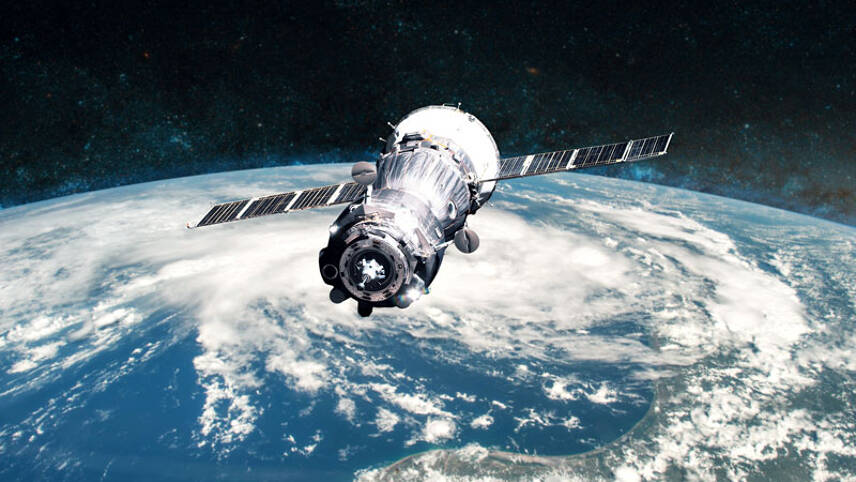Register for free and continue reading
Join our growing army of changemakers and get unlimited access to our premium content

Stick image
The funding will aid research and development for space instruments to expedite the advancement of UK EO technologies for potential satellite deployment in the upcoming years.
The funding of £15m will include Pathfinder projects with budgets of up to £75,000, Fast Track projects with budgets of up to £250,000, and Flagship projects with budgets of up to £3m.
Pathfinder and Fast Track projects are designed to develop technological concepts, encompassing initial-stage research and experiments in laboratory settings.
Flagship projects aim to progress technology development, involving trials of instruments in settings like vacuum chambers and demonstrations aboard airborne flights.
Science, Innovation and Technology Minister George Freeman said: “Earth Observation technology is critical to tackling the fundamental challenges of our age – from monitoring climate change to responding to humanitarian disasters – and so we owe it to the future of our planet to harness the UK’s world-leading skills in this field.”
The EO technology programme funding, administered by the Centre for Earth Observation Instrumentation (CEOI), is part of a £400m package unveiled in November 2022 to support the UK’s EO sector.
Work so far
Since 2016, the EO technology programme has provided £20m for 57 projects, including a Synthetic Aperture Radar for Oceanography by the National Oceanography Centre and Airbus, an Infrared Imager by the University of Oxford, and a Laser Radiometer by RAL Space.
CEOI’s director Chris Brownsword said: “It has been recognised that previous CEOI calls have had major impact across the entire UK Earth Observation community; bringing together academia and industry to develop UK owned technologies. We are excited to see what successes this new call can facilitate.”
According to the World Economic Forum, more than 25,000 fragments of space debris exceeding ten centimetres in size are currently present in Earth’s orbit. These fragments get accumulated over time through satellite launches, collisions, explosions, natural degradation, and abandonment of satellites.
In 2020-2022, the UK Space Agency allocated £3.7m to develop new technology for Space Surveillance and Tracking (SST) and debris removal.


Please login or Register to leave a comment.